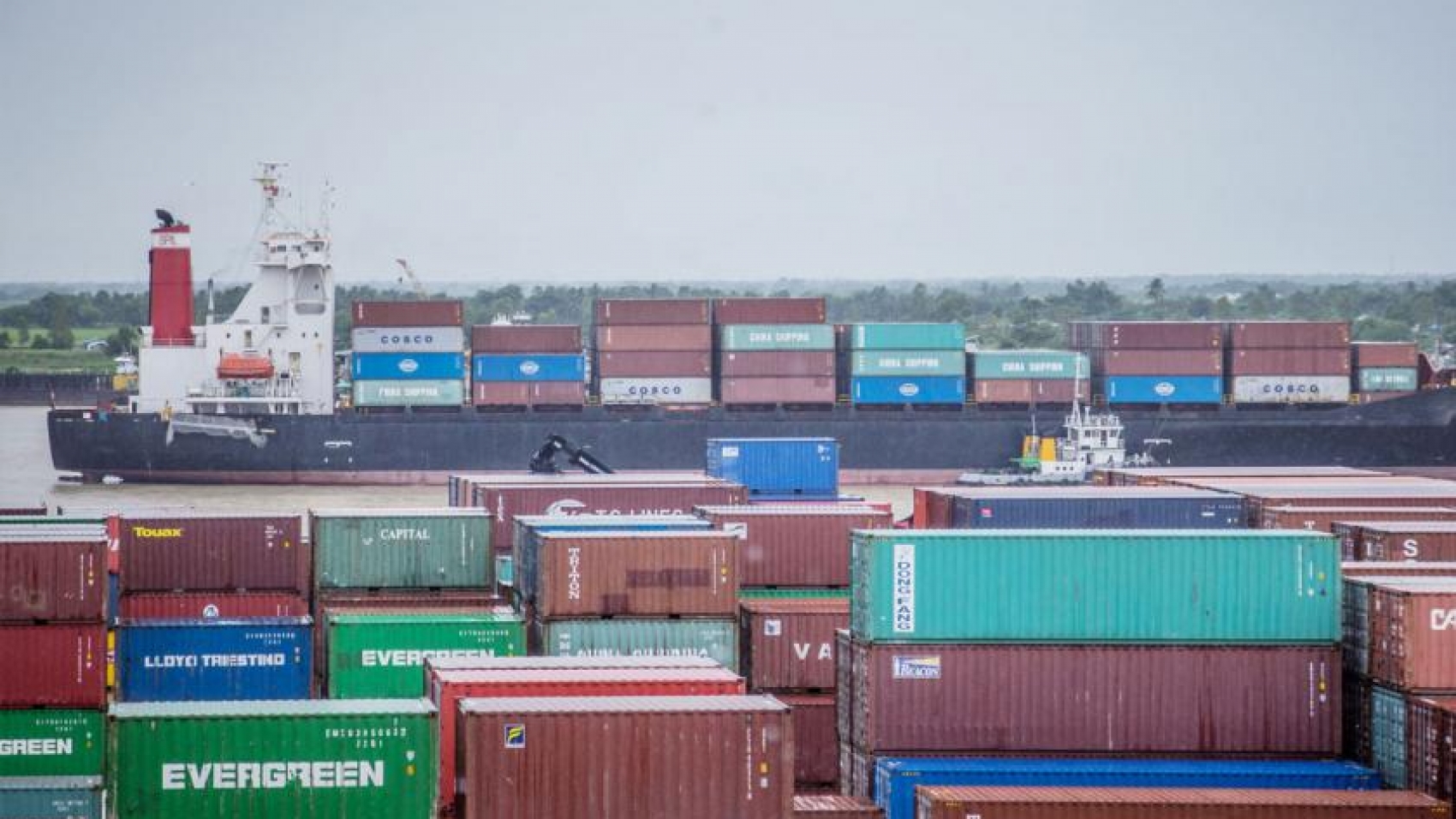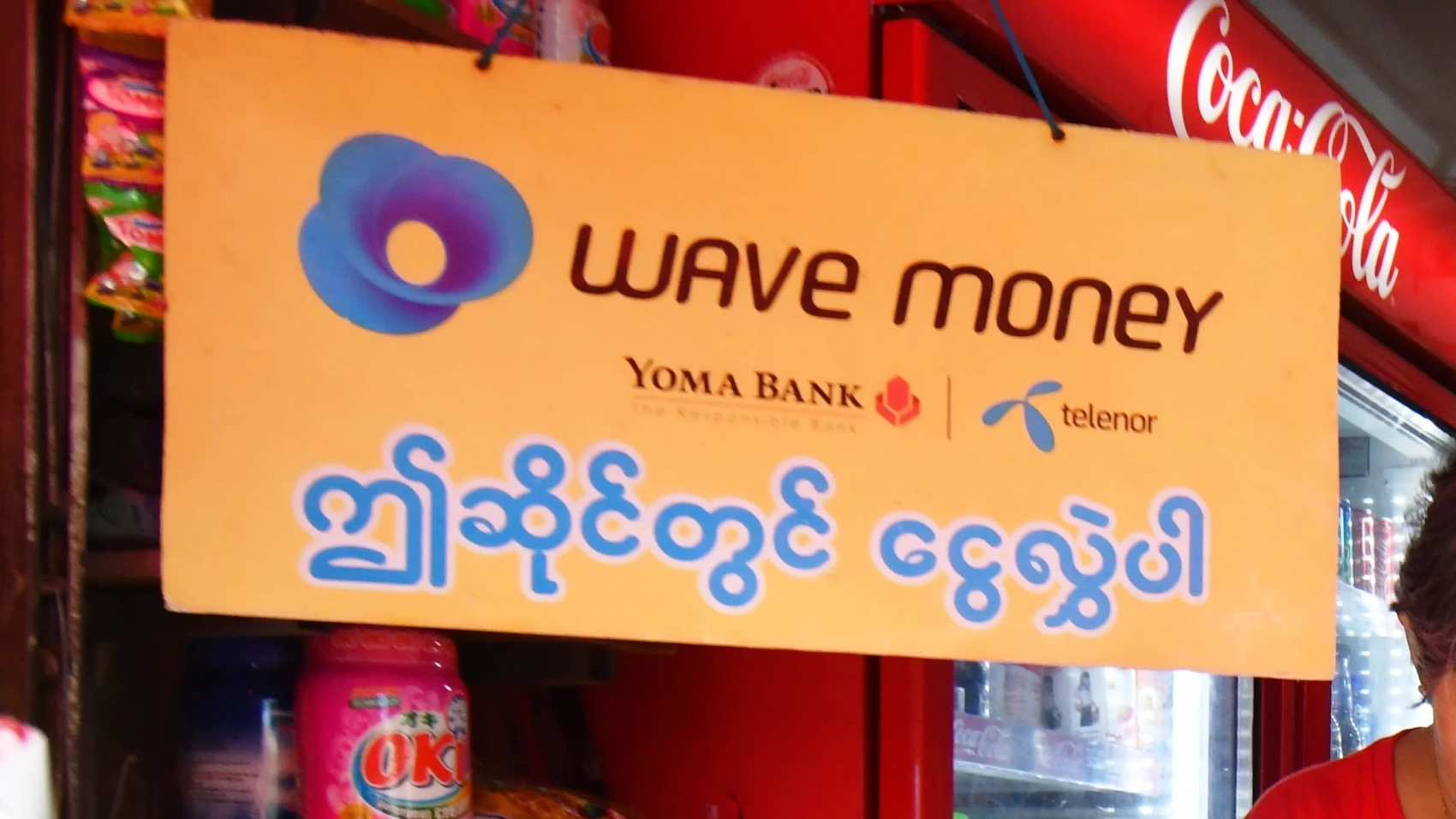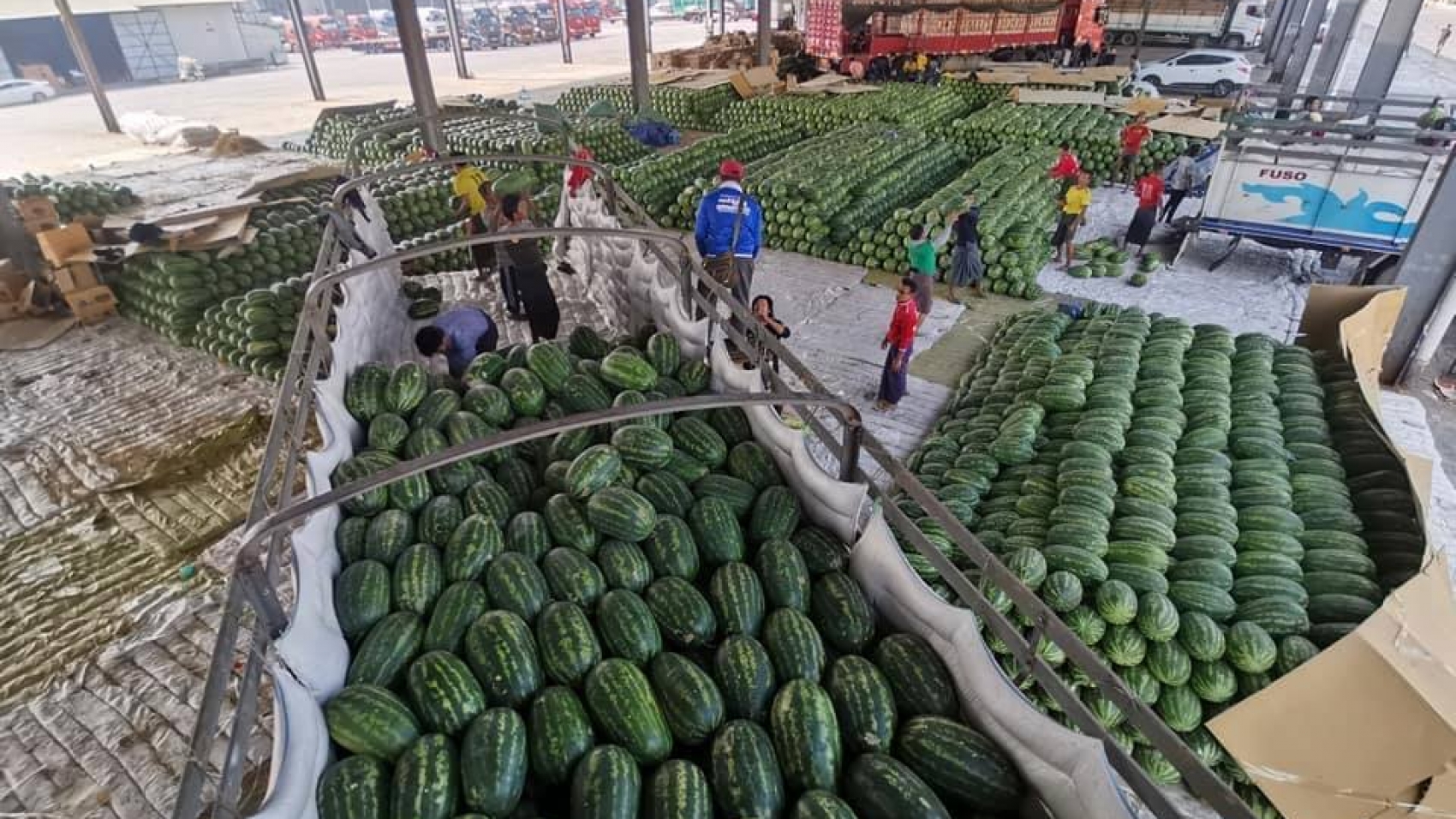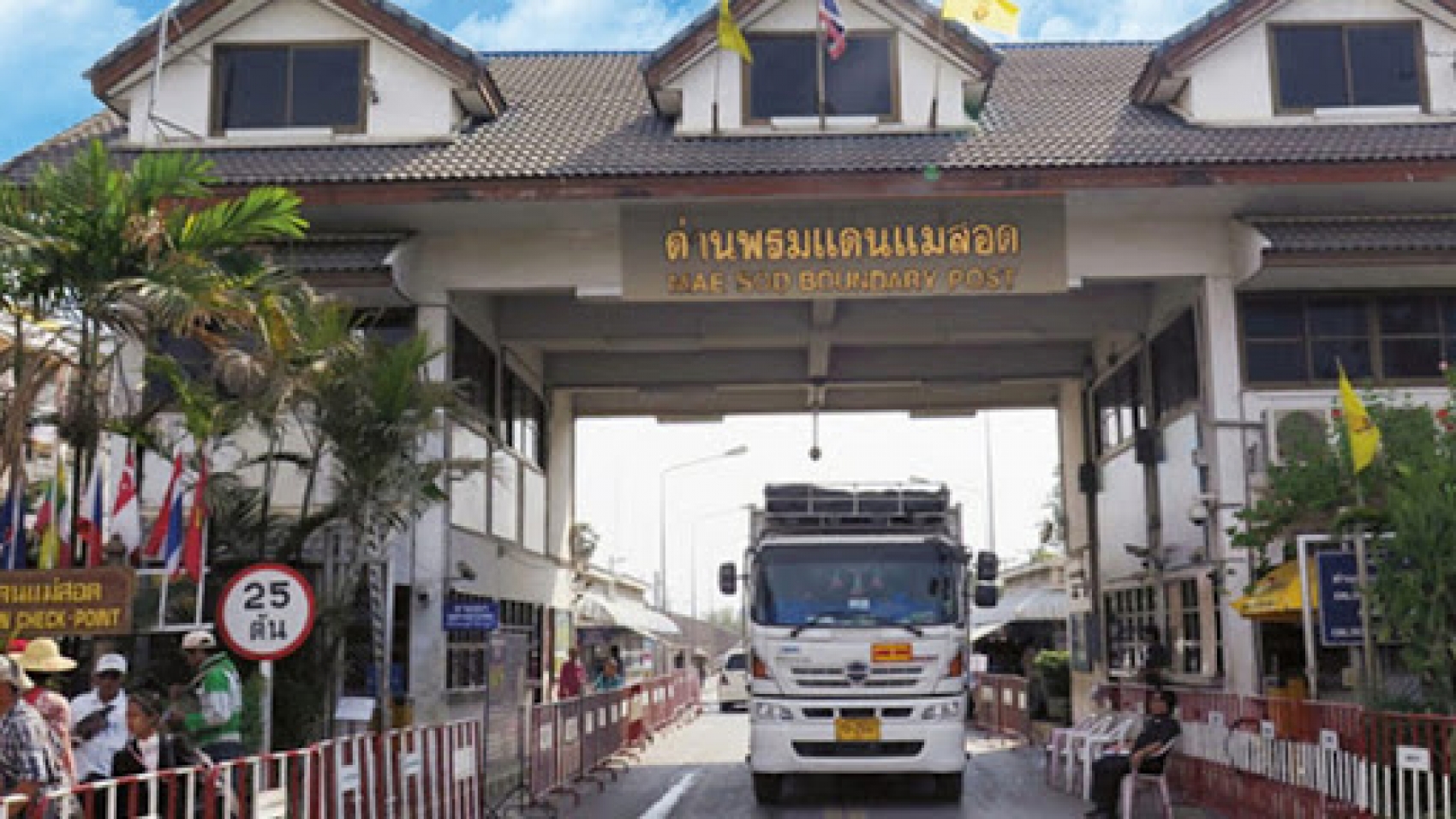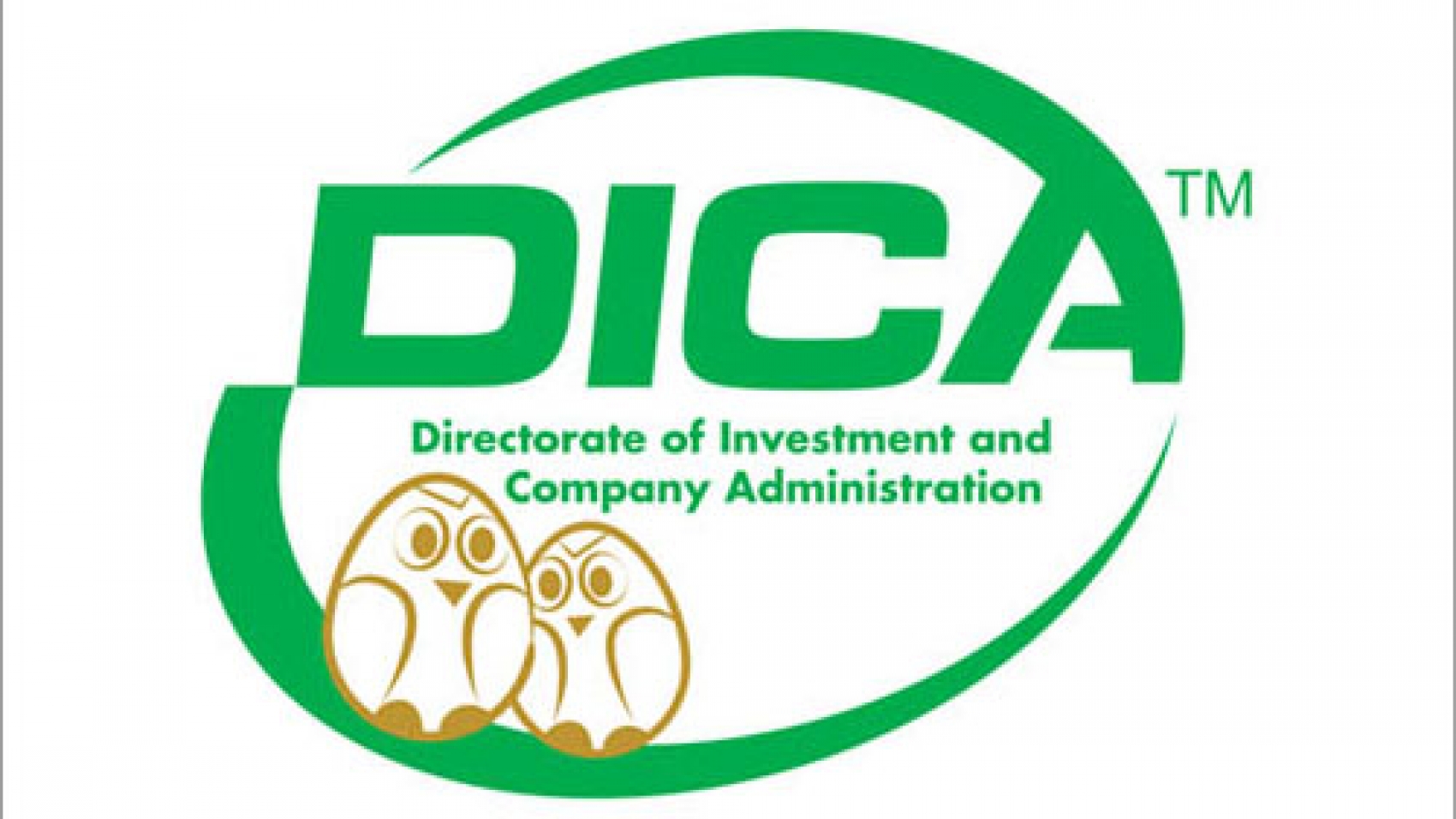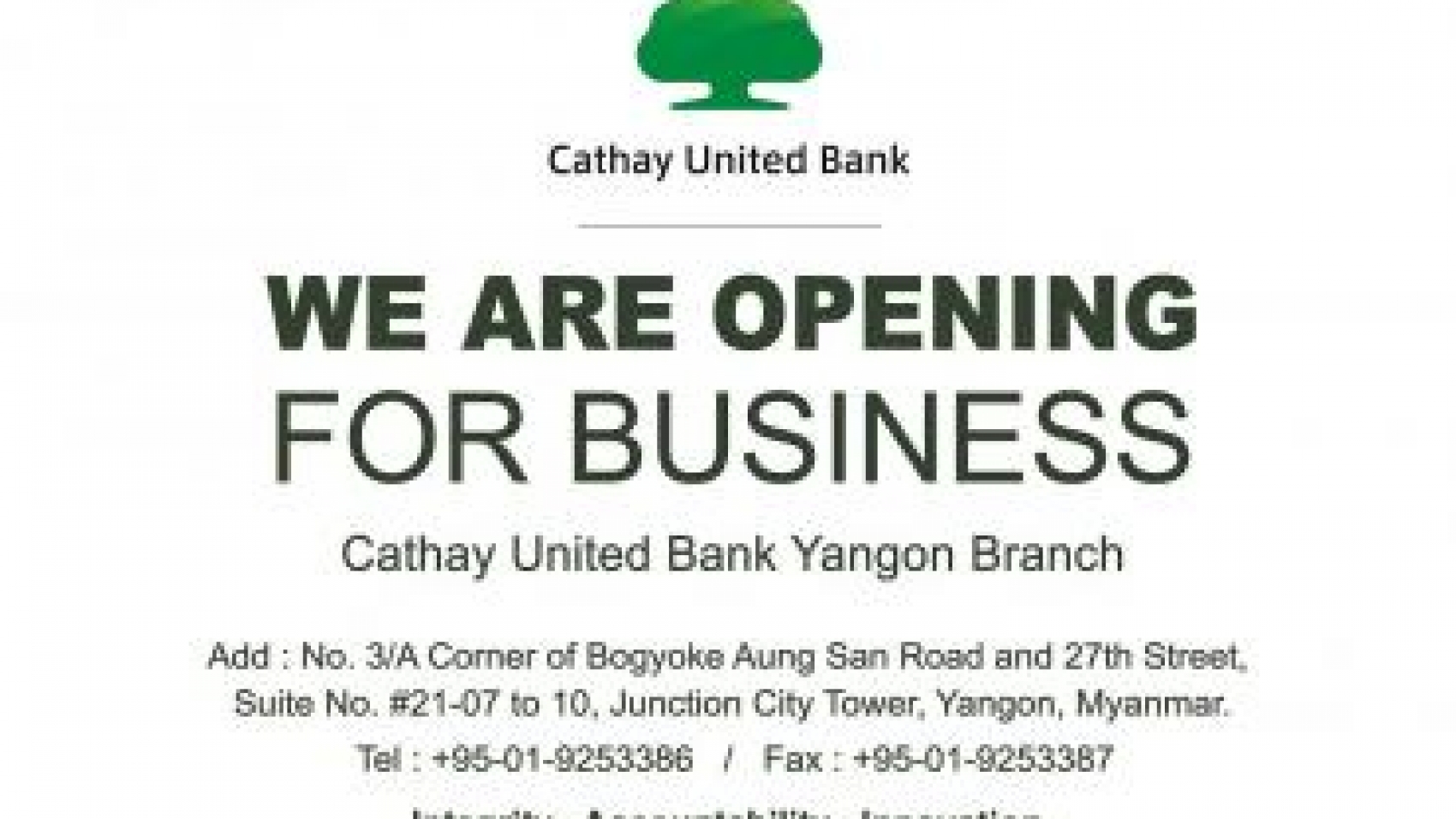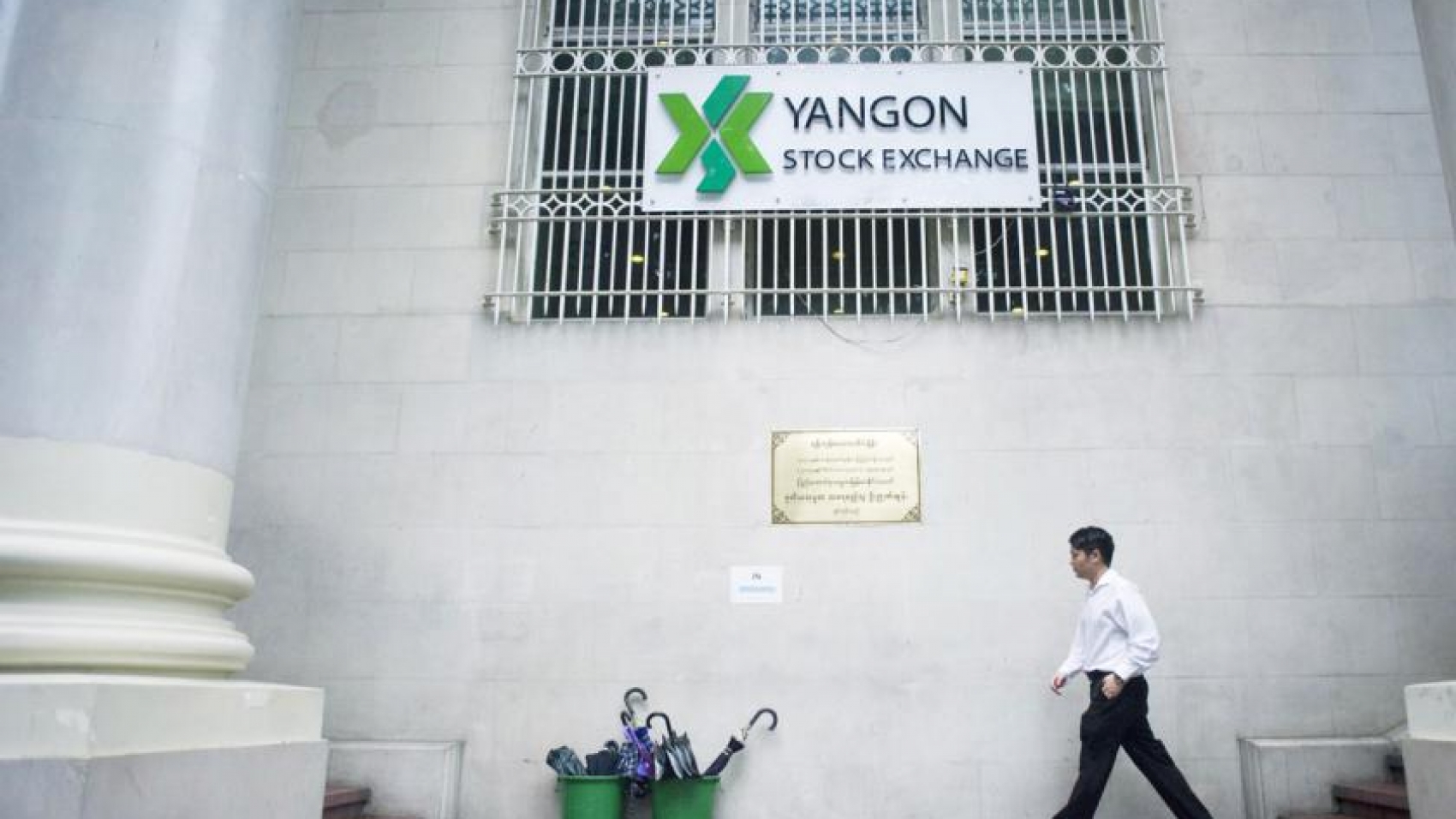According to the annual report released by the exchange, a total of K12.6 billion worth of 1.87 million shares by six listed companies were traded on the Yangon Stock Exchange (YSX) in 2020, a significant drop compared to 2019. Over 2.4 million shares from five listed companies, valued K13.39 billion, were traded on the exchange in 2019. Both continuous trading and block trading on YSX fell in 2020 despite Ever Flow River Group Public Co’s (EFR) debut, on the exchange on 28 May 2020. Amid the COVID-19 crisis, Myanmar’s securities market has been able to continue operating without stopping trading. At present, shares of six listed companies — First Myanmar Investment (FMI), Myanmar Thilawa SEZ Holdings (MTSH), Myanmar Citizens Bank (MCB), First Private Bank (FPB), TMH Telecom Public Co. Ltd (TMH) and the EFR are being traded on the exchange.
In 2020, the value of stocks traded on the exchange peaked at K1.48 billion in February. In contrast, trading on the exchange registered an all-time low of K552.9 million in November due to the COVID-19 resurgence in Myanmar. In January 2020, 196,836 shares worth K1.25 billion were traded on the exchange while 188,919 shares, with an estimated value of K1.48 billion, were traded on the exchange in February and K1.42 billion worth 228,913 shares were traded in March respectively. It touched the lowest of K902 million with 173,808 shares in April. It rose to K1.2 billion with 200,416 shares being traded in May. The share volumes traded on the exchange surged to 221,682 in June, with estimated value K1.3 billion and then, it fell to K1 billion with 125,137 shares in July. In August, the exchange witnessed a low stock trading value at K747.5 million, with 118,850 shares traded. The value slightly rose to K838.67 million, with 85,237 shares on the exchange in September. It continued drops in October with 85,630 shares worth K673.5 million.
The value of shares traded on the exchange sank to the lowest level of K552.9 million in November, with 107,028 shares. The trading value rose to K1.14 billion with 139,513 shares in December, the exchange’s monthly report showed. The price per share of FMI decreased from K11,500 in January 2020 to K9,900 on 30 December 2020. The share price of MTSH remained unchanged at K3,850 last year. MCB’s stock price also dipped to K8,000 from K8,200. The cost of FPB showed a small drop from K23,000 to K22,500, while TMH slightly fell to K2,800 from K2,850. Nevertheless, the share price of EFR rose to K3,700 in Dec-end compared with the rate in May 2020. In 2016, only three companies were traded on the YSX — FMI, MTSH, and MCB. One more public company, FPB, was listed on the YSX in 2017. In 2018, TMH debuted on the exchange. EFR entered the exchange in 2020. This year, Amata Holding Public Co., Ltd has been approved to be listed on the exchange, and the listing date will be announced soon.
More than 2.5 million shares of three listed companies were traded on the YSX in 2016, and their value was estimated at K70 billion. In 2017, despite an increase in the stock trading volume to 2.6 million shares, the trade value was only K22 billion. In 2018, 2.3 million shares of five companies, worth K11.5 billion, were traded on the exchange, according to the annual report of the YSX. The stock markets worldwide have reported their largest declines since the 2008 financial crisis. Similarly, the local equities market is also scared by the COVID-19 crash, points out a market observer. At present, people are putting money in savings, rather than investing during the COVID-19 crisis, he added. YSX held webinar sessions on 26 and 27 December to share the future benefit of stock investment for the investors, in coordination with securities companies (MSEC, KBZSC, CBSC, AYA Trust SC, KTzRH and uabsc).
Next, the Securities and Exchange Commission of Myanmar (SECM) has allowed foreigners to invest in the local equity market from 20 March 2020.
Furthermore, YSX launched pre-listing board (PLB) on 28 September 2020 to provide unlisted public companies with fund-raising opportunities and build a bridge toward listing on YSX, YSX stated. The YSX was launched three years ago to improve the private business sector. It disseminates rules and regulations regarding the stock exchange and knowledge of share trading through stock investment seminars. The stock exchange has also sought the government’s support to get more public companies to participate in the stock market and help more institutional investors, such as financing companies, investment banks, and insurance companies, to emerge.
Source: The Global New Light of Myanmar

